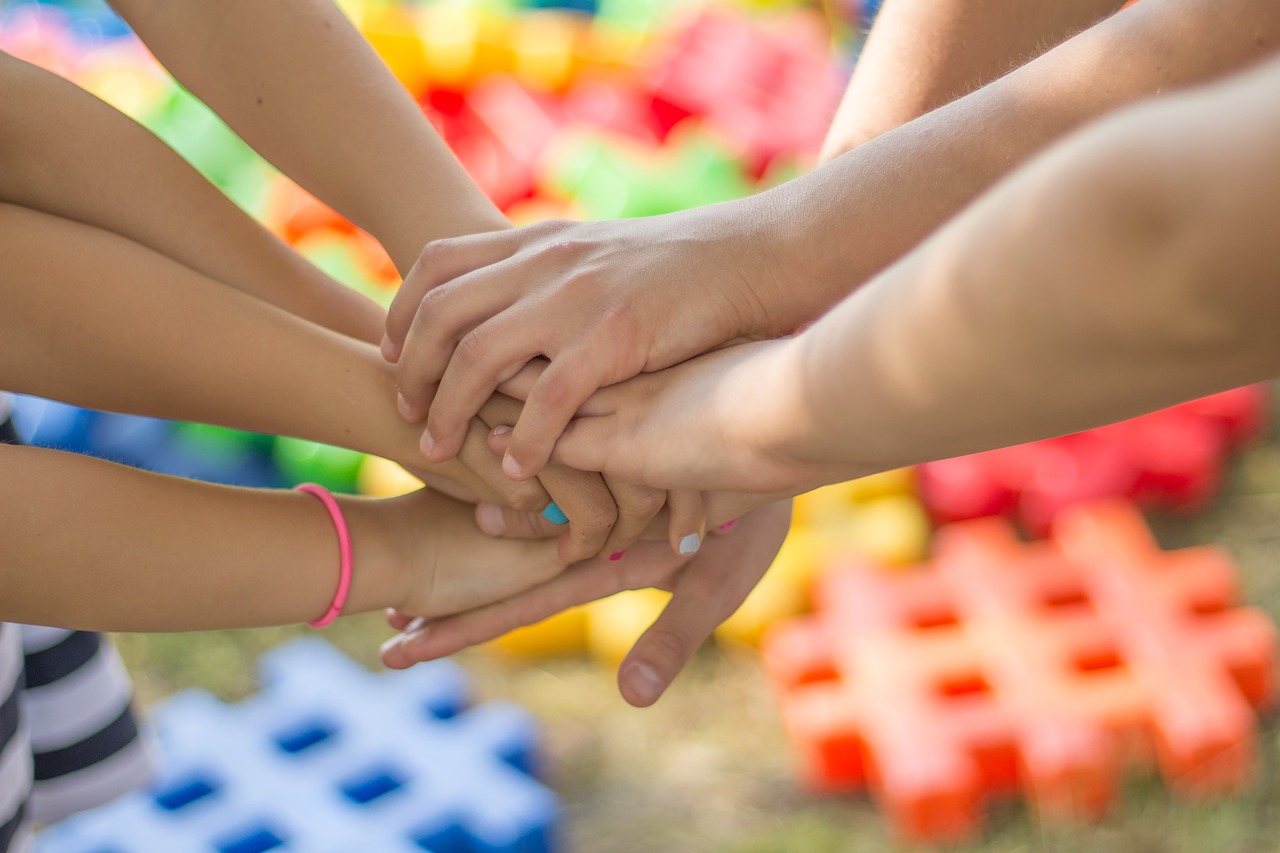While we tend to think of childhood as a carefree time of life, the fact is that many children suffer from mental conditions and disorders, just the same as adults. Among other things, children’s mental health concerns can include emotional, behavioral, and mental disorders such as eating disorders, learning and developmental disabilities, Attention Deficit Hyperactive Disorder (ADHA), and autism. And, similar to adults, children can be impacted by conditions like anxiety, depression, Obsessive Compulsive Disorder (OCD) and Post-traumatic Stress Disorder (PTSD). Additionally, as children grow and mature into young adults, they can develop other problems associated with adolescence, such as underage drinking and substance abuse.
Left untreated, any of these conditions or disorders can result in difficulties with making friends, and behavior issues in school and at home. What is most troubling, however, is that research has shown that a majority of adult mental disorders start early in life. This makes it critical that children’s mental health conditions be caught promptly and treated appropriately.
Symptoms of Child Psychological Disorders
Child psychological disorders and conditions can affect any ethnic group, and income level, and those living in any region of the country. In fact, the Centers for Disease Control (CDC) cites a study from a National Research Council and Institute for Medicine report that estimates about 1 in 5 children across the United States will experience a mental disorder in any given year.
Symptoms often change as a child grows and matures, so the signs of a problem may be difficult to spot in the early stages. Often, parents are the first to recognize that there is an issue with their children’s emotions or behavior, however problems may also be brought to your attention by your child’s educators or another adult who knows your child well. Some general signs to look for include:
- Marked decline in school performance
- Strong worries or anxiety that causes problems at home or at school
- Random, frequent physical aches and pains, such as headaches or an upset stomach
- Difficulty sleeping, nightmares
- Marked changes in eating habits
- Feeling hopeless
- Having low or no energy
- Aggressive behavior, disobedience, and/or confrontations with or defiance of authority figures
- Temper tantrums or outbursts of anger
- Thoughts of suicide or thoughts of harming themselves or others
Psychiatric Help for Children
- Please get immediate assistance if you think your child may be in danger of harming themselves or someone else. Call a crisis line or the National Suicide Prevention Line at 1.800.273.TALK (8255).
Getting psychiatric help for children, in the form of early diagnosis and receiving the correct treatment, is essential for your child’s well being, both now and throughout their life.
If your child’s problems persist across a variety of settings (for example: home, school, and with peers), some of the steps to get help include:
- Talk to your child about how they are feeling. Find out if they would like to discuss a problem with you or another adult. Actively listen to their responses and concerns.
- Talk to your child’s pediatrician, school counselor or school nurse, or a mental health professional if you see behaviors or problems in your child or teen that worry you.
- Seek evaluation from a specialist who deals with children’s mental health concerns.
- Ask the specialist if they have experience with treating the problem or behavior you see in your child.
- Don’t delay in seeking help – early treatment generally gives better results.
Children can be treated in a variety of settings that range from one-on-one (or with a parent) sessions with a mental health professional to a group setting with a therapist and the child’s peers. Talk therapy can help change behaviors and may be used in combination with other treatments. Cognitive Behavioral Therapy (CBT) has been shown to be very effective in helping children learn coping strategies so they can change unhealthy behavior patterns and distorted thinking. Additionally, medications may be recommended for disorders such as ADHD or may be given for other types of severe or difficult cases.
Need More Information on Children’s Mental Health?
If you have questions or need more information about psychiatric help for children, we can help. The professionals at our child-focused department, The Children’s Center, specialize in child psychiatry and psychology, and other services related to children’s mental health. For more information, contact The Center for Treatment of Anxiety and Mood Disorders in Delray Beach, Florida or call us today at 561-496-1094.
Save
Dr. Andrew Rosen
Dr. Andrew Rosen PHD, ABPP, FAACP is a Board-Certified Psychologist and the Founder and Director of The Center for Treatment of Anxiety and Mood Disorders, as well as, the Founder of The Children’s Center for Psychiatry Psychology and Related Services.





